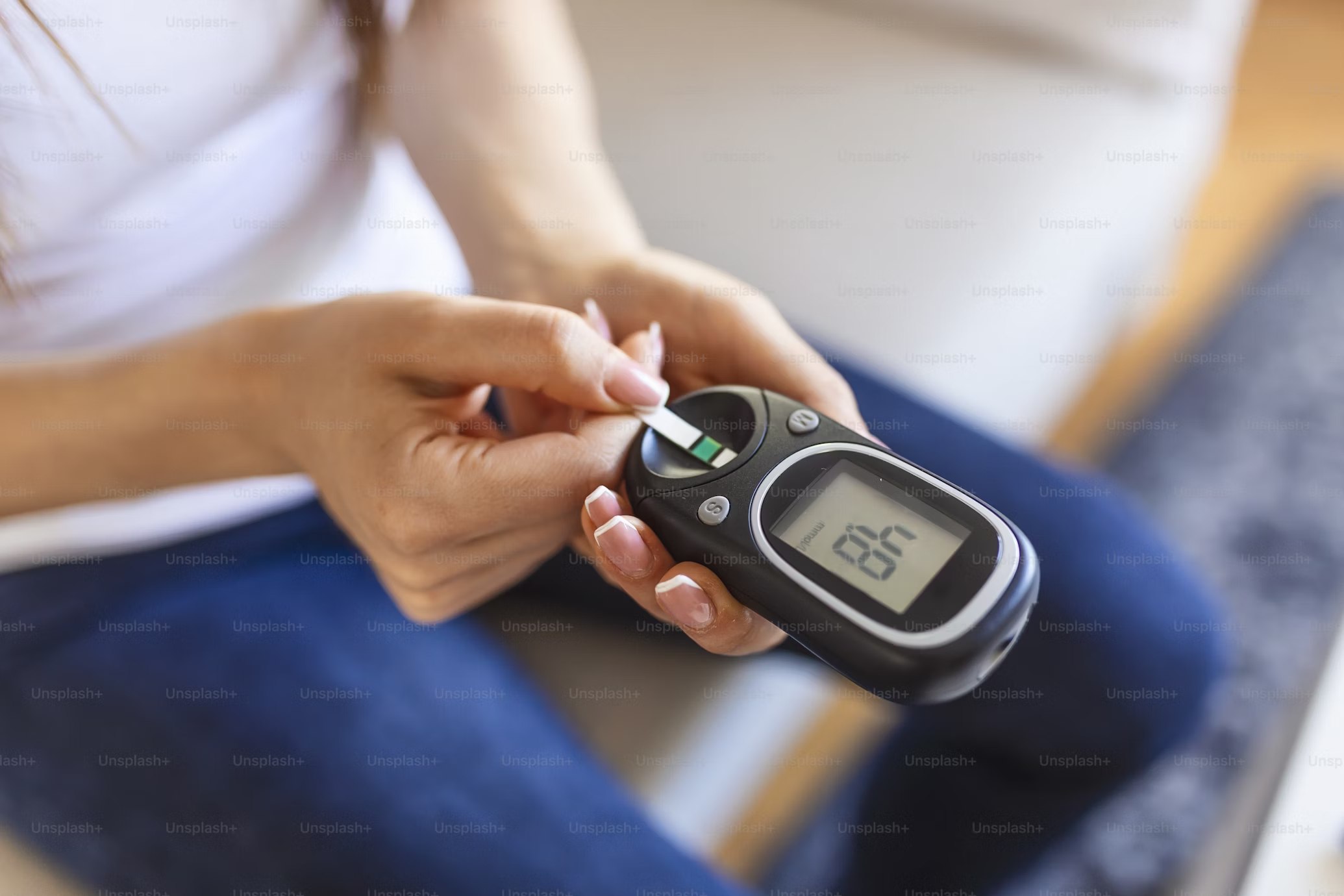Reasons your blood sugar level is high despite quitting refined sugar

Why Is My Blood Sugar Still High After Cutting Out Refined Sugar?
You’ve decided to ditch refined sugar, inspired by a celebrity interview, a neighbor’s diet secrets, or a social media post. But why is your glucometer still showing high readings?
Edwina Raj, head of services – clinical nutrition & dietetics at Aster CMI Hospital, Bengaluru, explains that blood sugar levels can remain elevated even after eliminating refined sugar. Let’s explore the potential reasons.

Key Questions to Ask Yourself
Here are three crucial questions to consider:
1. What Kind of Carbs Are You Consuming?
Carbohydrates, even the unrefined kind, can raise glucose levels. Foods like whole grains and fruits, while healthy, can impact blood sugar if eaten in large quantities.

Dr. Archana Juneja, consultant endocrinologist at Kokilaben Dhirubhai Ambani Hospital Mumbai, points out that seemingly innocent foods like white rice, bread, packaged cereals, fruit juices, and starchy vegetables contain hidden or high-glycemic carbohydrates. These break down into glucose and spike blood sugar. “Jaggery and honey can also contribute to this issue,” she added.
Complex carbs are your allies here. Dr. Juneja recommends using a continuous glucose monitor (CGM) or a glucometer to track how your body responds to different foods.
2. Are You Stressed All the Time?
Stress and lack of sleep can significantly decrease insulin sensitivity, making it harder for your body to regulate blood sugar effectively. “Stress triggers the release of cortisol and adrenaline, hormones that raise blood sugar levels,” explained Dr. Juneja.
3. Do You Have Underlying Health Problems?
Underlying health conditions, such as insulin resistance or hormonal imbalances, can contribute to high blood sugar levels.
Dr. Juneja notes that in Type 2 Diabetes, your body might not respond well to insulin, even with low sugar intake. Also, skipping or incorrectly timing your medication can lead to elevated blood sugar levels.
“Alcohol consumption and obesity, defined as a BMI over 23 or a waist circumference greater than 80 cm in females and 90 cm in males, can also impair the body’s ability to respond to insulin effectively,” she added.
What Should You Do Now?
To address these issues, Raj emphasizes the importance of monitoring carbohydrate intake and practicing portion control. Even healthy foods should be consumed in moderation.
Regular physical activity can improve insulin sensitivity, helping to lower blood sugar levels. “Take your prescribed medication and insulin regularly and on time,” she advises.
Additionally, managing stress through mindfulness or yoga and prioritizing sufficient sleep can further support blood sugar regulation. “Aim for 7–8 hours of quality sleep every night, keep a routine sleep schedule, and avoid caffeine or screens before bed,” suggests Dr. Juneja.
Experts recommend consulting a doctor for personalized strategies tailored to your individual health needs. They may suggest specific dietary changes or medications to help manage blood sugar levels more effectively. By addressing these factors holistically, you can achieve better control over your blood sugar levels.
DISCLAIMER: This article is based on information from the public domain and/or the experts we spoke to. Always consult your health practitioner before starting any routine.
